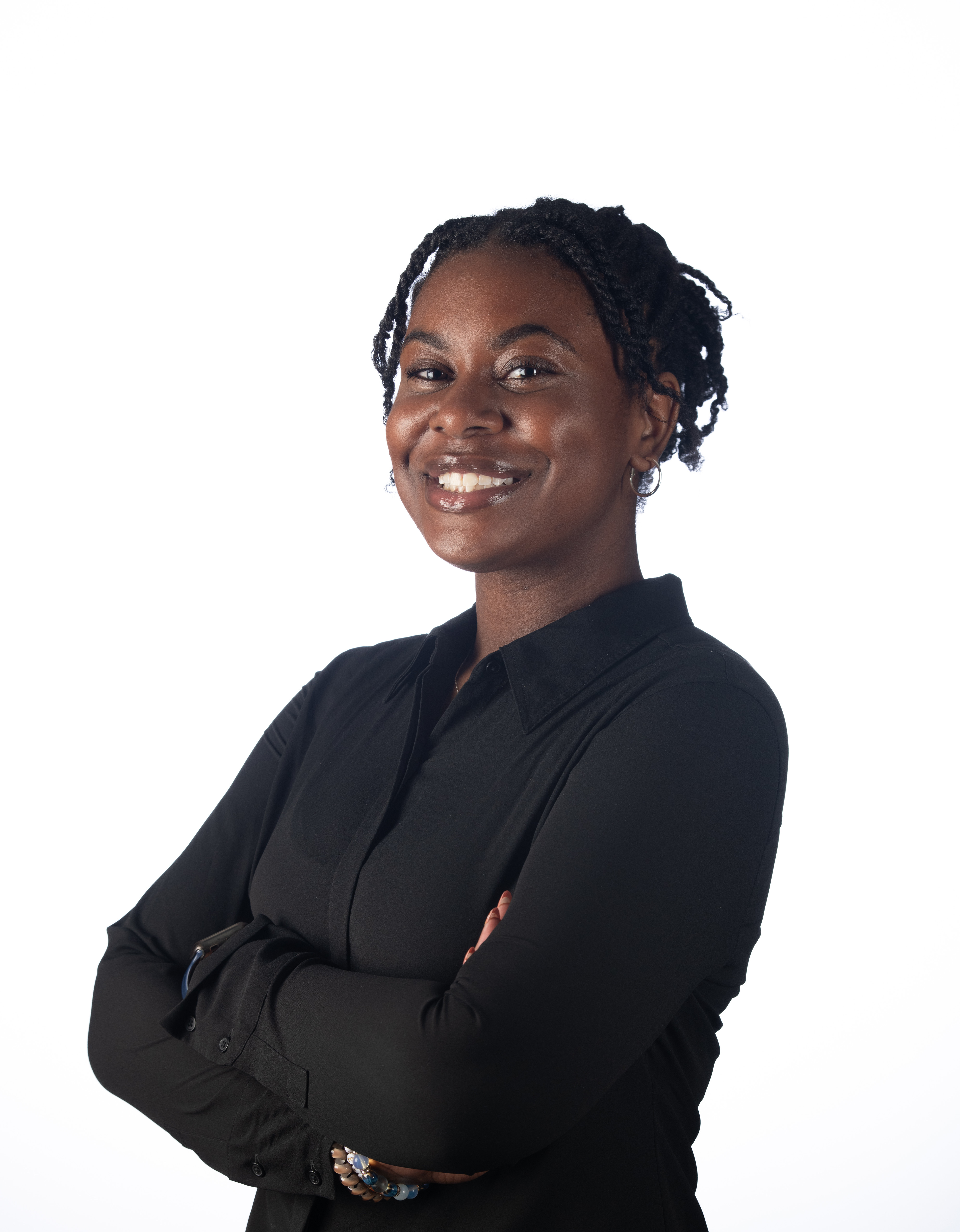07 February 2025 2 minute read
Ava Flanigan, C'2027, always knew she was playing catch-up. By the time she entered high school, many of our peers had already spent years in elite coding camps and robotics competitions and private engineering programs. They had been building projects since they were eight, and fine-tuning their portfolios to be packed with projects and accolades. Meanwhile, Flanigan, through Spelman's coding club and a hand-me-down laptop from her mother—driven by curiosity and ambition—refined her skillset, though "I had fewer opportunities to engage with the structured, high-level programs that benefited many of her peers," she recalls.
 Yet, despite that early advantage, Flanigan is not only thriving in tech—she’s working to ensure that Black girls who come after her won’t face the same barriers. Today, she’s a computer science major in the engineering program at spelman college, a former robotic software engineering intern at NVIDIA and an incoming team member of Cisco Systems for the summer of 2025.
Yet, despite that early advantage, Flanigan is not only thriving in tech—she’s working to ensure that Black girls who come after her won’t face the same barriers. Today, she’s a computer science major in the engineering program at spelman college, a former robotic software engineering intern at NVIDIA and an incoming team member of Cisco Systems for the summer of 2025.
Technology had always been a part of Flanigan’s life. As a child, she spent hours exploring her mom‘s old IBM work laptops, exploring software, tinkering with settings, and playing games, laying the foundation for her future career. But despite that early curiosity, she didn’t seriously consider a career in technology until much later. Her first real exposure came in high school when she joined the Girls Who Code Summer Immersion Program, where she built her first three websites using HTML, CSS and JavaScript, but she still wasn’t convinced computer science was her path. That changed quickly. Within her first semester, she says, "I found myself drawn more to the computer science organizations on campus and it wasn’t long before I realized where she I belonged."
By September of our freshman year, she made the switch. But because she declared late, she couldn’t enroll in the introductory python course that semester. Rather than wait and fall further behind, Flanigan took matters into her own hands. Determined to catch up, she reached out to an upperclassman India Easton, who had posted in a National Society of Black Engineers (NBSE) chat about preparing for Uber Star, a freshman and sophomore software engineering program at Uber.
India became her unofficial mentor, guiding her through Python basics and running mock technical interviews. Though Flanigan didn’t make it into the Uber Star program, her efforts paid off in an even bigger way. That winter, she had interviews lined up with both Microsoft and NVIDIA. And despite starting later than many of her peers, she received offers from both and ultimately chose NVIDIA, drawn to the opportunity to work on robotic software.
Interning at NVIDIA was a milestone, but it also reinforced the disparities and access that shaped her journey. But that disparity is part of what drives her. Long-term, Flanigan envisions launching a nonprofit that introduces Black students to technology at an early age. She dreams of a program that spans from elementary through high school, providing resources and training and hands-on experience that wealthier peers take for granted. In the short term, "I hope to land an internship at Apple", a company she admires for its ongoing commitment to diversity and inclusion in tech.
Flanigan’s growing recognition, both within the tech industry and in publications like glamour as one of their college women of the year aren’t just personal wins. Their opportunities for her to amplify a larger mission: ensuring that young Black girls see themselves in the technical field. Looking back, Flanigan acknowledges that she didn’t have the same resources as many of her peers, but she’s determined to be the person who helps the next generation have them. And if her journey so far is an indication, she’s well on her way to making that happen.
